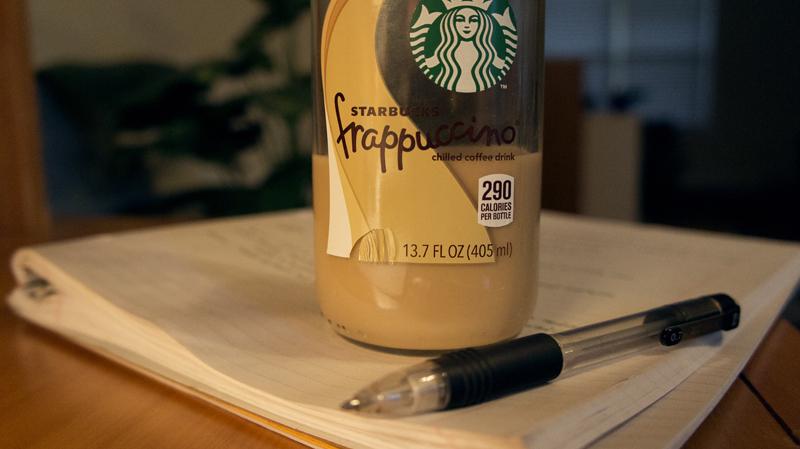College level exams and papers require hours of study, research and writing, and with recent midterms many University of Alabama students say they are having to pull all-nighters. These are almost always followed by an early morning caffeinated refresher before the test or wild last-minute edits. Many students look to caffeine in the form of soda, coffee, tea and energy drinks to keep their brains on high alert.
Sheena Quizon Gregg, dietitian and assistant director of health education and prevention at the Student Health Center, said moderate amounts of caffeine each day can improve short-term memory and speed up reaction times.
“Caffeine is a naturally made substance that stimulates part of your body and brain,” Gregg said. “By increasing heart rate and blood pressure, it can provide moments of energy.”
Gregg advises students to drink natural sources of caffeine such as coffee or tea rather than high-calorie energy drinks and soft drinks, or to eat dark chocolate as another alternative for a caffeinated burst of energy.
“By drinking caffeine from sources such as coffee or tea, you can avoid the high-calorie bang that comes from energy drinks and soft drinks,” Gregg said. “However, if someone adds copious amounts of sugar and creamer to their coffee or tea, they are also consuming empty calories.”
Aside from empty calories, energy drinks often contain undisclosed amounts of vitamins.
“Energy drinks also oftentimes have a ‘B vitamin complex’ that is included with the caffeine,” Gregg said. “The amounts are not clearly disclosed and can have adverse health effects for those very sensitive to caffeine.”
Mikee Mosley, a junior majoring in secondary education, has been drinking energy drinks daily after being introduced to them his freshman year of high school.
“Of course the caffeine and sugar made me feel great, but the taste of them was a big contributing factor to their success in my life,” Mosley said.
Mosley said he has had no health issues as a result from drinking large amounts of energy drinks and plans to continue to drinkthem after college.
“People love to fuss about how bad energy drinks are for people,” Mosley said. “I do not see any reason for me to stop drinking energy drinks. Besides fiscal reasons, I have found that they have only affected my life in a positive way.”
Margaret-Anne Ketabi, a junior majoring in biology, started drinking coffee habitually this past summer to get through her waitressing shifts easier. She consumes, on average, one to two cups of coffee a day.
“It gives me energy and allows me to stay up and concentrate for a few hours to complete my homework or studying,” she said.
Ketabi says coffee keeps her happy and alert, and she will continue to drink coffee after graduating.
“I love the effects,” she said. “I plan on growing old with it.”
Gregg said, contrary to popular belief, you cannot become addicted to caffeine. You can form a caffeine habit, which can induce headaches if you suddenly deprive your body of it.
“If you rely on soft drinks, energy drinks or having high levels of caffeine in your system in general, one can incur diarrhea, nausea, anxiety, irritability and hypoglycemia,” she said.
For some, sugary drinks may be the only motivation to get up early or stay up late to study. Gregg said these empty calories and B vitamin complex contained in energy drinks can adversely affect students, for which she recommends natural forms of caffeine such as coffee, tea or chocolate.









